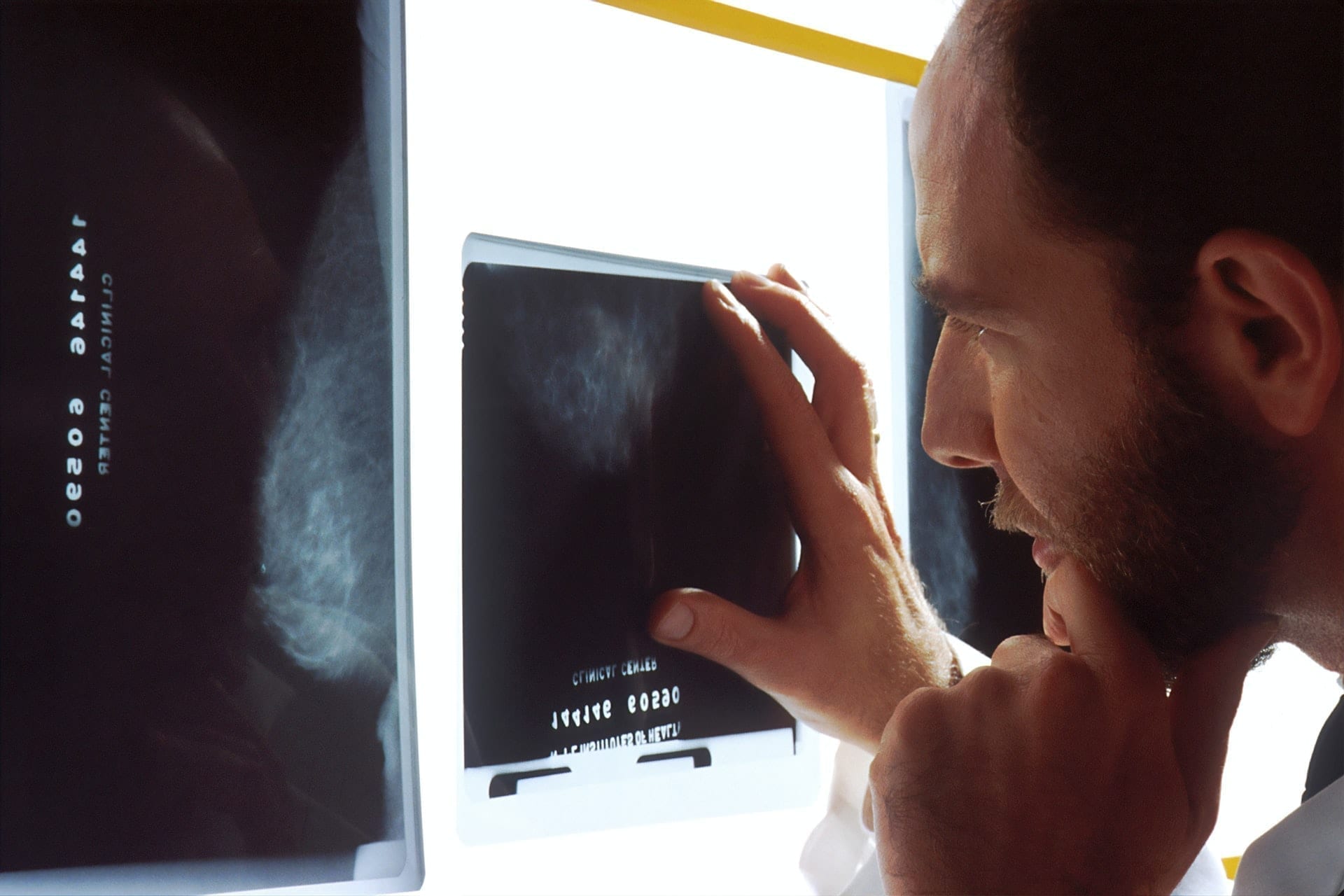Yes. You do have a right to medical confidentiality in prison. But it’s complicated. Your rights are different in prison than outside it, even when it comes to confidentiality.
Are your medical records protected by confidentiality in prison?
Yes, with some big exceptions. In general, your medical records are private. This is because of HIPAA laws. Congress created these laws in 1996. They protect medical confidentiality, even in prisons.
But staff can still share records with other officials. They just need to prove that there is a need to do so. There are also some situations where your records are not private, and the BOP outlines those exceptions. For the most part, you are protected under HIPAA, but in certain cases, your medical records may be shared when it’s medically necessary to do so.

When can prison staff break confidentiality?
HIPAA protects your medical confidentiality rights in prison. Even so, there are exceptions. Your doctor can share your health information with your institution or law enforcement. But they need to have a reason why it is necessary to share that information, such as the following:
- Providing health care to you.
- Ensuring the health and safety of other prisoners.
- Administrative purposes.
- Ensuring the health and safety of transportation staff.
- Carrying out law enforcement duties in the institution.
- Ensuring the health and safety of institution staff.
If the prison needs your information for any of these purposes, your health care team may have to share confidential medical information.
For example, let’s say another person in prison assaults you. Prison officials may need your medical records for their investigation. It is part of “carrying out law enforcement duties.” That means they can get this information from your prison doctor. This will not violate HIPAA.
Another example is if a prisoner has HIV. This information affects the safety of your peers and staff. Therefore, doctors will likely share it with prison officials. That way, staff can take reasonable precautions.
One other big exception to HIPAA laws involves fugitives. If someone escapes from prison, officials can make their information public if it would help officials catch them.

Will you have access to your medical records in prison?
Yes. You will have access to your medical records in prison. But there are limits.
Outside prison, health care providers must give you a copy of your records. In prison, officials can deny this request. They do not have to give you a copy of your records.
But you do have the right to view most of your own medical records. There are only two exceptions. You cannot view your own psychotherapy notes. You also can’t view your own records if they are part of a trial or an investigation.
The Takeaway:
You have confidentiality in prison. HIPAA protects that right to some degree. But it’s not as strict as outside of prison. Officials can share your information for many reasons. You can also view most of your medical records. But your institution does not have to give you a copy of those records.
Do you have questions about your rights in prison? Interested in finding out how to file legal claims from inside of prison? Stay tuned to How To Justice for more info about the prison system.






